What I miss about Trini Xmas
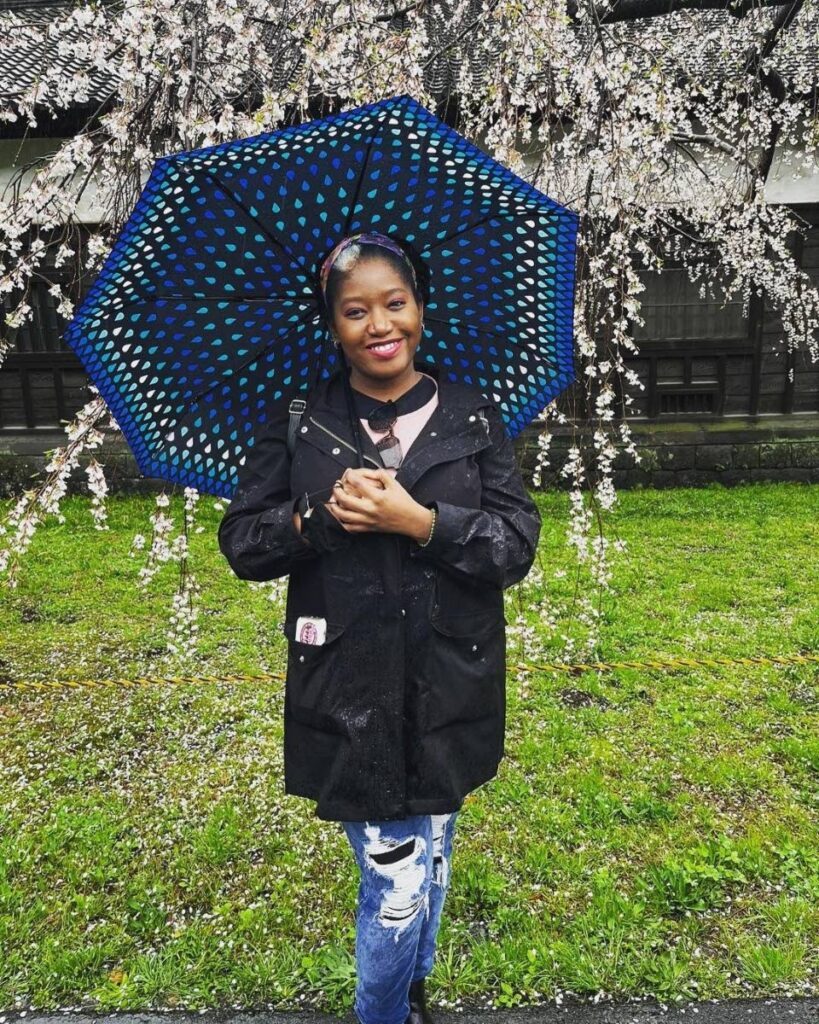
RHIANNA MCKENZIE
DECEMBER has always been filled with celebratory events for me and my family.
They begin early in the month with my little sister’s birthday, followed shortly by my parents’ anniversary and a few others in between, because who doesn’t love a good Christmas wedding?
In 2008, my nephew was born on Christmas Eve. He’ll be 16 this year.
After spending the day with him, my mother and I would spend the night preparing for Christmas the following day as we would host friends and family every year for lunch, then head to my mother’s home in the Heights of Aripo for house-to-house paranging.
Ever since moving to Japan, December has not held the same joy for me as it once did.
Growing up, I would hear my relatives who live in the US talk about how hard the holidays are for them and how much they miss being home for Christmas.
Until now, I had never realised how privileged I was to experience and participate in the season, as it never once occurred to me what it would be like to live in a place that didn’t celebrate it.
There are so many wonders to behold in Japan, but nothing will ever compare to the joy of Christmas in Trinidad and Tobago.
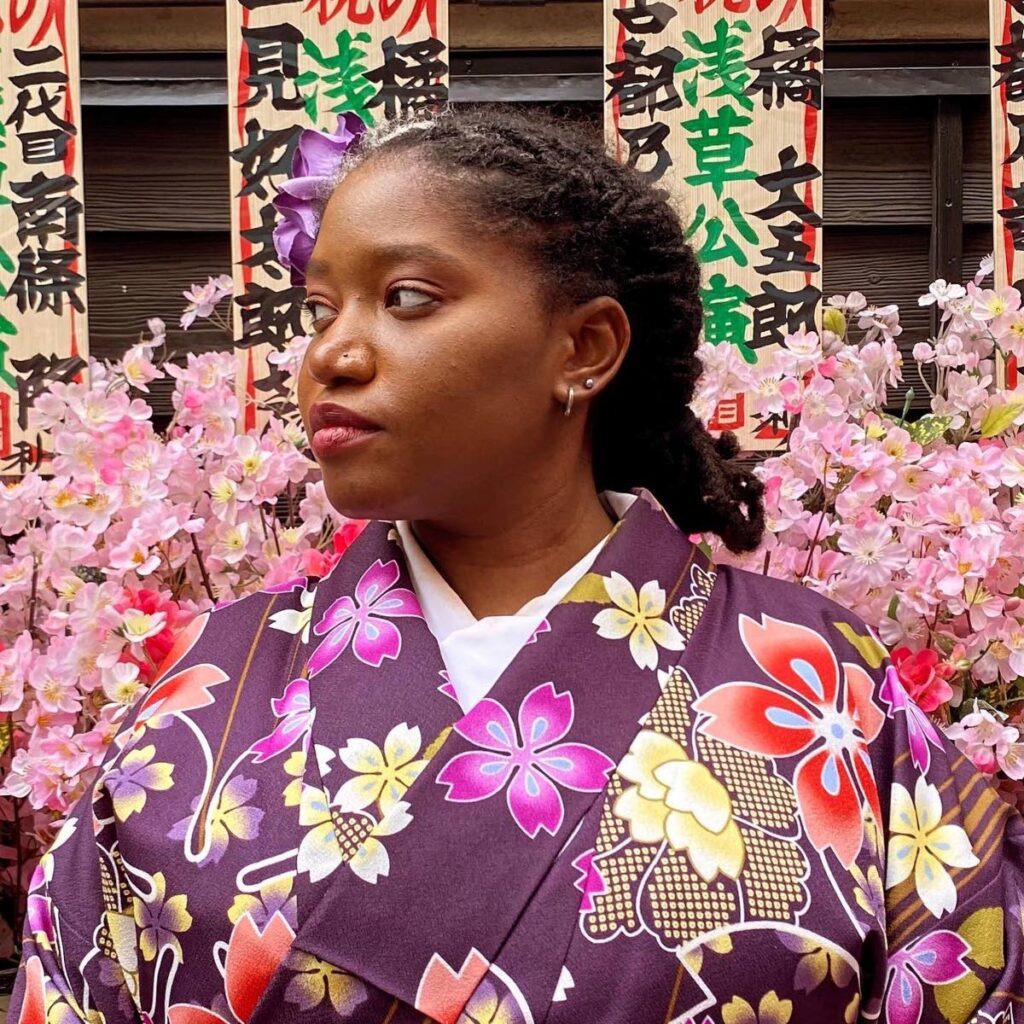
Growing up in a Christian family meant Christmas was celebrated, first and foremost, as a religious holiday. So we would go to church on both Christmas and New Year’s Eve.
Even now that I am not as religious as I once was, the season still holds great value to me as a time to spend with family.
As a minority religion, Christians make up just about 1-1.5 per cent of the population in Japan and Christmas is therefore not recognised as a holiday, but just another work day. Christmas, for the most part, is a western import, and many of the traditions surrounding the holiday are interpretations of what the Japanese believe Christmas is like in the West, based on what they’ve read or seen in movies. Stories of Santa Claus and his magic reindeer are popular, as are some old Christmas movies.
No ham, no turkey, but...
One of the greatest culture shocks I’ve experienced here is the Christmas KFC bucket!
Most people I’ve spoken to here were unaware of turkey as a seasonal tradition in most western countries. A few of my students believe a turkey is a very big chicken.
The KFC Christmas bucket was first advertised in the 1970s by then-manager Takeshi Okawara at the first KFC outlet in Nagoya Prefecture.
As the story goes, Okawara overheard a conversation between two foreigners at his store who talked about how much they missed having turkey for Christmas. He introduced the Christmas bucket, hoping it would be a suitable substitute for foreigners living in or visiting Japan in December. Okawara also advertised fried chicken to Japanese consumers – it was not yet very popular in the region – as a traditional western Christmas dish.
After years of heavy marketing, the KFC bucket has become a Christmas staple in most Japanese homes. The bucket includes KFC original chicken, sides of your choice, a chocolate cake, and a keepsake plate with the year of purchase on it.
My Trini Xmas dishes
As a vegetarian, I would help my mother prepare the turkey and ham every year, but good Trini Christmas food for me will always be a tall, cold glass of sorrel and a generous slice of black cake. Even if I ate nothing else for the season, I would always be satisfied with that.
This year, I was given sorrel grown right here in Japan’s Yamanashi prefecture.
Sadly, as skilled as I am in the kitchen, I have not yet learned how to make my own black cake. My cousin, a baker, would make a killing during the season, making dozens of cakes for family and friends, like myself, who do not possess the skill to make our own. With any luck, she will share her recipe with me so I can try it next year.
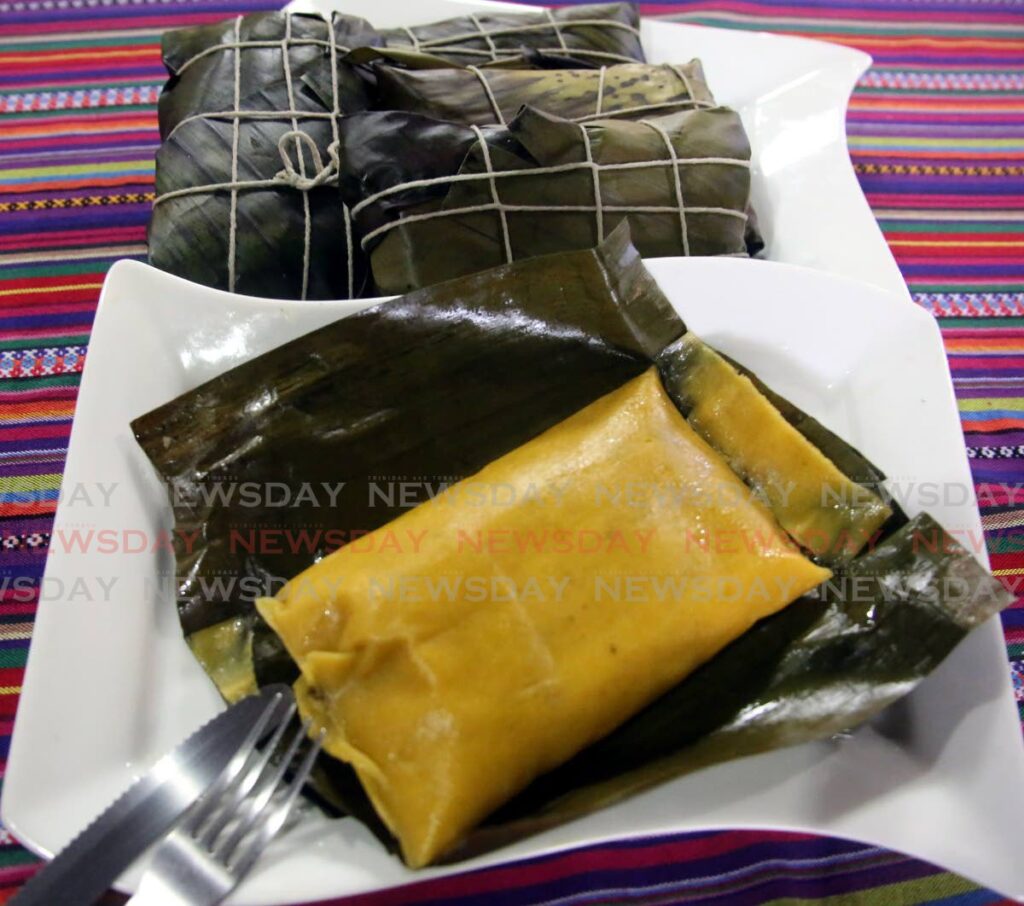
Another seasonal favourite for me has always been soy pastelles, with raisins, olives and capers (anyone who argues they don’t belong in pastelles needs to evolve their palate).
Fortunately, my city has small Brazilian and Thai communities and groceries nearby that sell South American and Thai imports, seasonings and other staples, including banana leaves, so I can easily make my own.
Out with the old, in with the new
If it’s one thing I’ve learned about my time here is how deeply spiritual every festival is, especially New Year's, which is arguably the most important celebration of the year in Japan. Visiting Shinto shrines or Buddhist temples – the two prevailing religions in the country – is a common practice during the three-day New Year holiday, called Shōgatsu. The people pray for good fortune in the year ahead, and the most popular temples and shrines, such as Tokyo's Meiji Shrine, are known to attract millions of people during the three days.
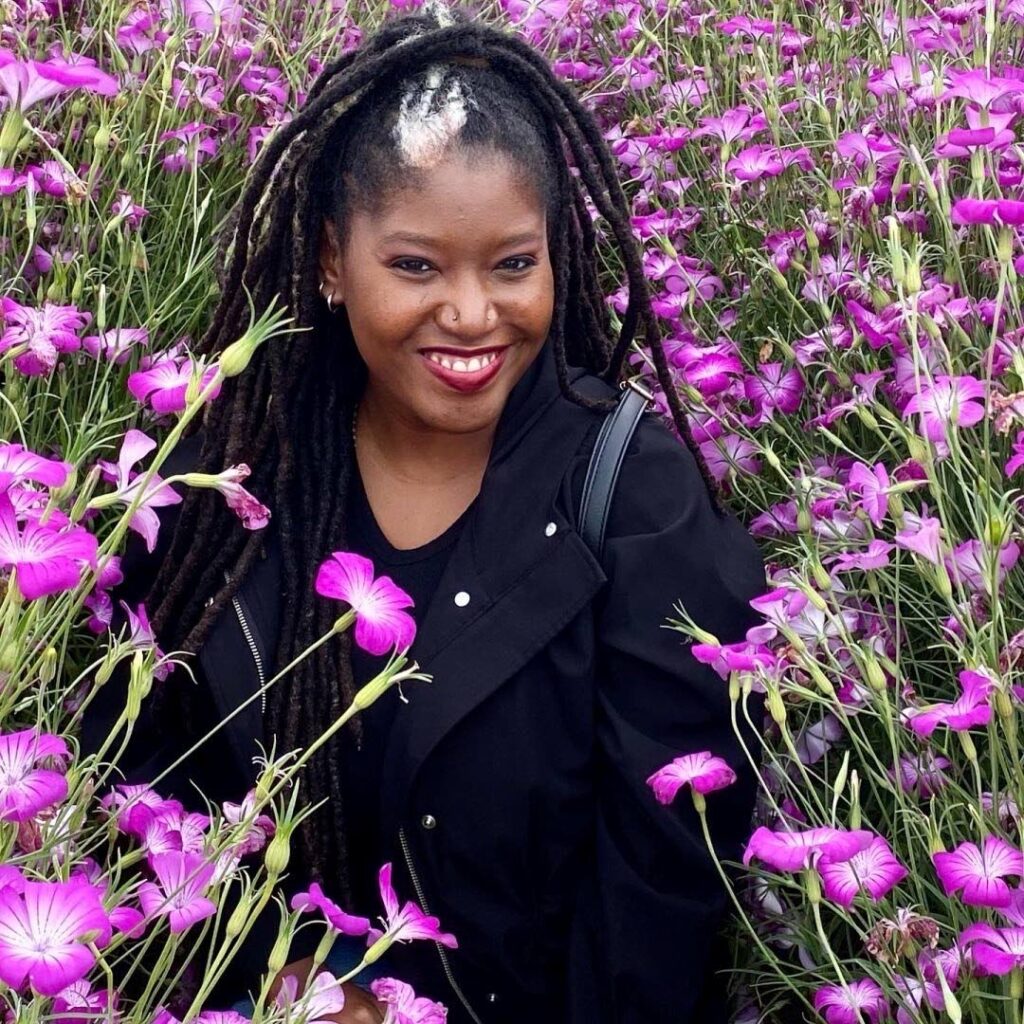
In Trinidad, Christmas has always been our way of celebrating the end of another year before bringing in something new. That meant cleaning and decorating the house with lights and a tree, hanging new curtains and changing out old bedsheets. We spend hours pruning our gardens, painting, washing and cooking as an endless flow of family, friends and neighbours visit to lime, drink and play music.
I never understood this ritual, until now, as our own way of cleansing ourselves of old energy to make room for something new.
Our way of cleansing also means, quite literally, illuminating the path for good fortune to find us. When I was growing up, every house on the street would be lit with glowing, coloured, blinking lights, even if just on the front gate. As children, our parents would take us for a drive through affluent neighbourhoods to enjoy more extravagant light displays.
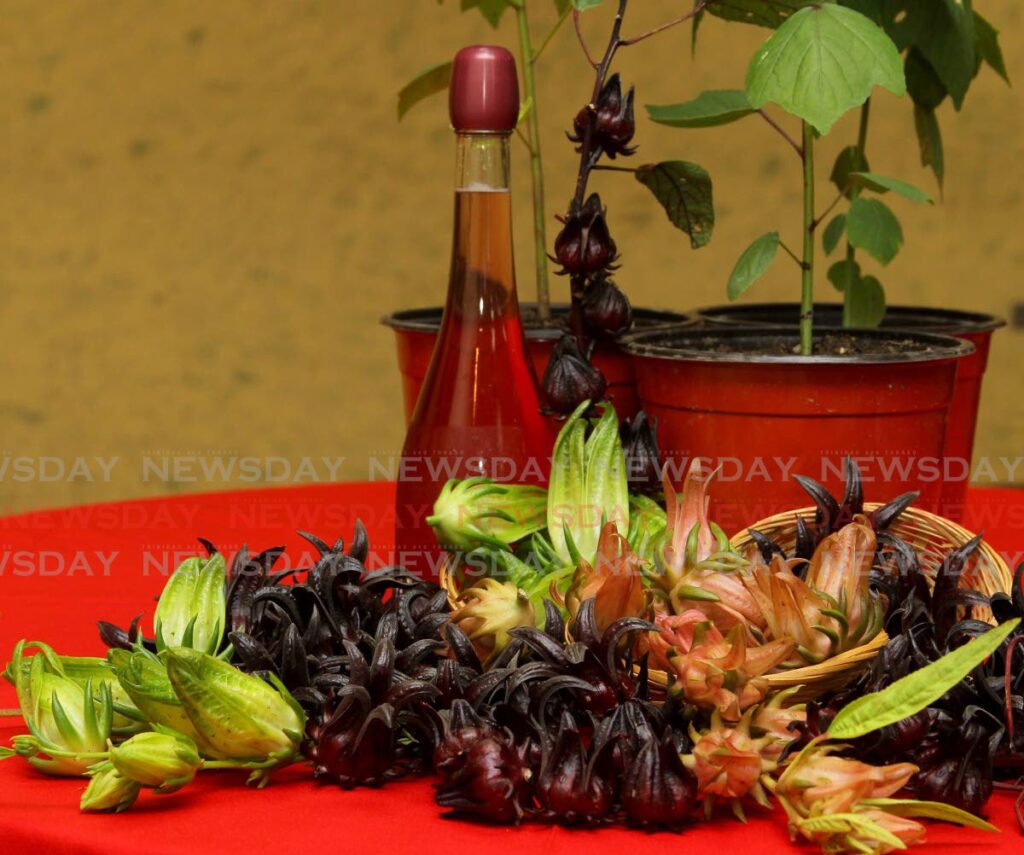
Christmas decor is not customary here, so I’d have to drive for an hour or two to visit an illumination park to enjoy the lights – but it has become one of my favourite things about the holidays here.
I have visited several winter illuminations, including the Blue Cave Illuminations in Shibuya, Tokyo in 2022, its first illumination event after covid19 lockdown regulations.
In most major cities, the streets are lined with trees covered in lights. With the backdrop of the big city and, if you’re lucky, a gentle flurry of snow, it truly is a magical experience, especially for those of us who for whom winter is a new experience. Families can enjoy hot food and drinks, performances and games at illumination parks.
Paranging the wrong house
For the descendants of the Martinez and Valentine families, some of the first Venezuelan immigrants to settle in the Heights of Aripo to work on cocoa plantations, the village has become synonymous with parang. My family has been singing parang, in English, Spanish and everything in between, for generations. The genre is deeply rooted in our cultural heritage, and as a tradition passed down over the years: most of my relatives who play have not had any formal training. The music of Daisy Voisin and Scrunter would play from November through to mid-January.
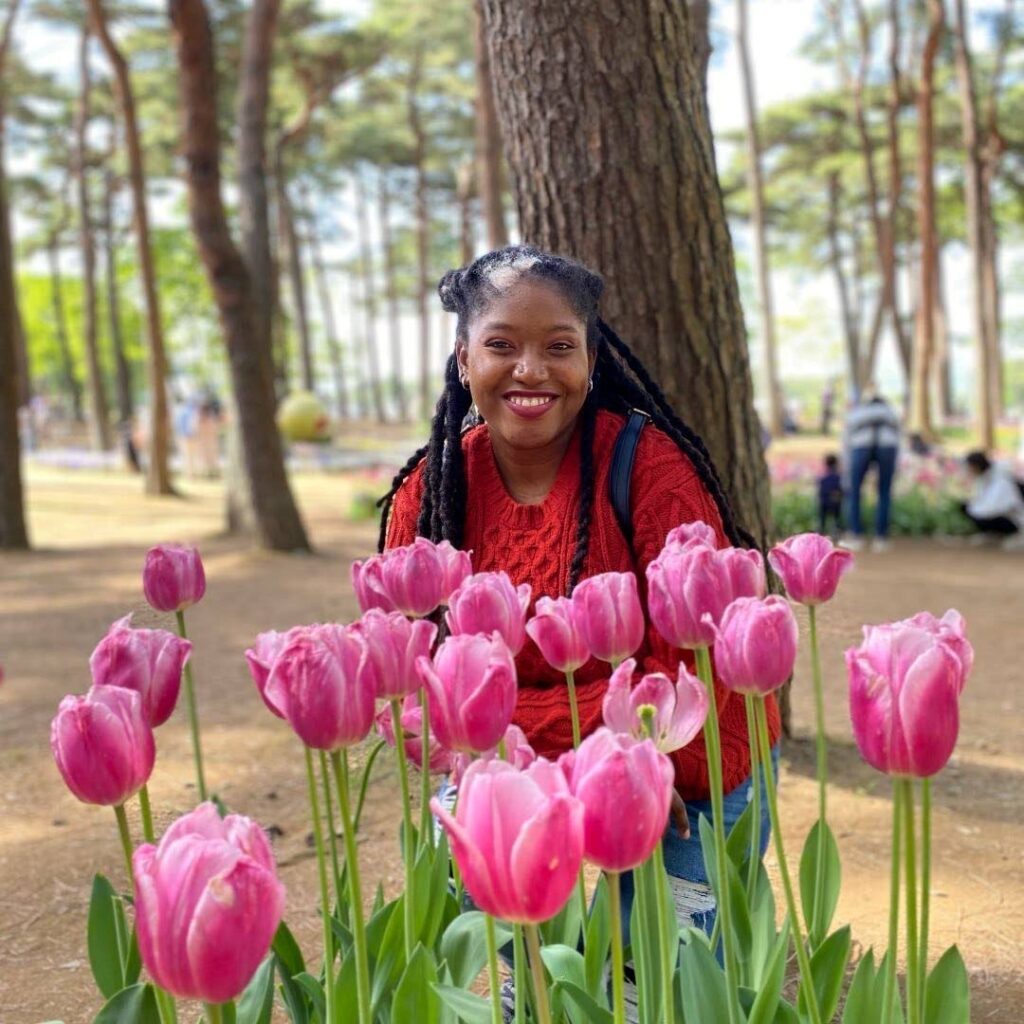
As children, we would spend our Christmas Day with our paternal grandparents, but the night belonged to Aripo as we scoured the hills for a house to settle in and play music for an hour or two before moving on to the next, devouring whatever snacks we were offered along the way.
If I were to invade a Japanese home with that much excitement, it might be seen as an act of aggression.
Of all the things I miss about home, I miss that most of all.
As I prepare for another Christmas without my family and the familiar sights and sounds of the season at home, I take comfort in knowing I have wonderful memories of the season to cling to until I see them again.
Until that day, Merry Christmas and a bright and prosperous New Year.

Comments
"What I miss about Trini Xmas"